WE TURN GREAT RESTAURANTS INTO GREAT BUSINESSES
All your restaurant reporting, finance, and HR done for you.
All in one place.
WE TURN DATA FROM YOUR EXISTING TOOLS INTO
A ROADMAP TO YOUR SUCCESS
WHY KITCHENSYNC?
SEAMLESS INTEGRATIONS
We manage connections to the tools you already have to extract actionable insights.
Our next-generation reporting platform integrates with the leading point-of-sale, scheduling, payroll, and accounting systems - giving you a single command center for your restaurants.
SCALE
& SCALABILITY
KitchenSync is an on-demand army of restaurant finance and HR pros, supported by industry-leading technology, including AI.
Your challenges will change as you grow; but your back office won’t need to. We will always provide the right resources at the right times to take you as far as you’re ready to go.
UNMATCHED EXPERIENCE
We hire proven leaders from the top restaurant groups in the country and focus them on your goals.
Armed with real-time data from across the industry and cutting edge reporting, your KitchenSync team will help you move the needle toward sustainable profitability.
SIMPLE SUBSCRIPTIONS THAT ELIMINATE COMPLEX TASKS
FINANCE
BOOKKEEPING, DAILY & WEEKLY REPORTING, & CFO SERVICES
Stop hiring accountants you don’t have time to manage and quit signing up for tools that semi-automate parts of the process. Get accurate reports, updated daily, and operate your business by the numbers - with confidence.
HUMAN RESOURCES
PAYROLL, ONBOARDING, COMPLIANCE, & CONFLICT RESOLUTION
Take care of the people that take care of your customers and protect your brand and reputation from potentially costly employment missteps.
ADVISORY
MANAGEMENT COACHING, STRATEGY, & MULTI-UNIT OVERSIGHT
Maximize your concept’s financial potential by rallying your team around the numbers. The recipe for success in restaurants includes a dash of knowledge a heaping scoop of accountability. Let’s get cooking.
PLUS MORE SOLUTIONS BUILT FOR RESTAURANT GROUPS
COMPREHENSIVE RESTAURANT
INSURANCE
DIGITAL & IN-STORE
MARKETING
HOURLY & MANAGEMENT
RECRUITING
YES. WE DO THAT.



































